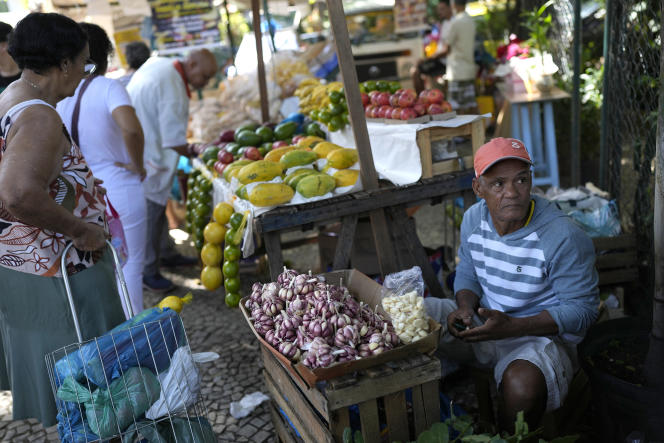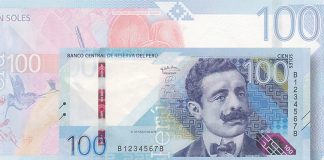The figure appeared on the front page of all the Brazilian press on Wednesday June 8: 33.1 million Brazilians suffer from hunger, a number which has almost doubled in one year. They were 14 million in December 2020, during the previous study on the subject, also carried out by the Brazilian Research Network on Food and Nutritional Sovereignty and Security (Rede Penssan).
“The staggering increase in this number surprised us. Today, 15% of households are hungry, and 30% of families are food insecure. This represents 125 million Brazilians who experience some degree of food insecurity, out of an estimated total population of 213.3 million,” says Ana Maria Segall, professor of nutrition at the University of Campinas, member of the Penssan network. .
The deterioration of the situation is all the more regrettable, experts point out, as Brazil had greatly reduced this extreme poverty in recent decades, to the point of having been wiped off the “hunger map” by the United Nations. Food and Agriculture Organization (FAO), in 2014. At the time, only 4.2% of families still suffered from it, thanks to a series of programs launched by Workers’ Party governments (2003-2015 ).
“Chaotic management of the Covid-19 pandemic”
The Bolsonaro administration, however, would not be solely responsible for this deterioration: under the government of his predecessor Michel Temer, the 20-year freeze on state spending, enshrined in the Constitution, had a disastrous effect on the most precarious , according to this study. One example among many: the budget for food aid was almost 100 million euros in 2012. In 2019, it fell to 7.8 million, a decrease of 93%. Today, it has almost disappeared.
In addition, Brazil moved from a situation of almost full employment in 2014, with 4.8% unemployment, compared to 10% in 2016 and almost 13% currently. “The chaotic management of the [Covid-19] pandemic has greatly increased household debt, which must pay other expenses such as rent before eating,” observes Ana Maria Segall.
The implementation of a new social assistance – Auxilio Brasil (Aid Brazil), instead of Bolsa Familia (Family Grant) – by the current government, in November 2021, had no effect on extreme poverty, even if its amount has almost doubled. “The cadastre does not include new families and the inflation on food makes the increase in its amount obsolete”, still laments the specialist.

















